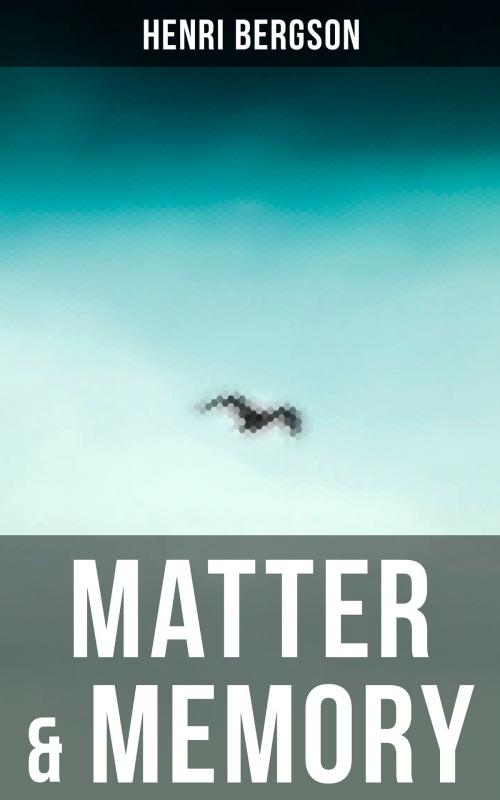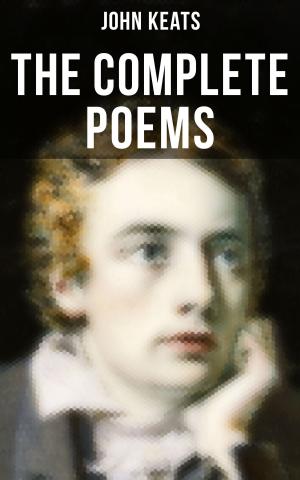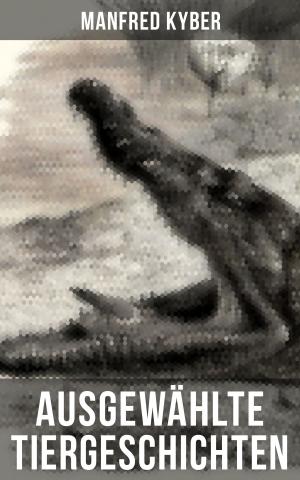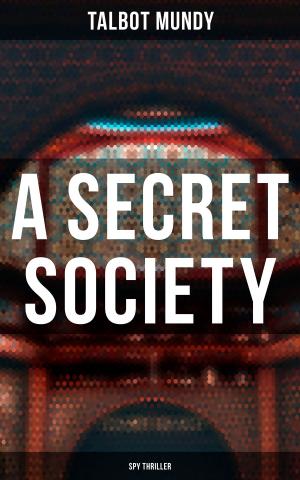Matter & Memory
Nonfiction, Health & Well Being, Psychology, Cognitive Psychology, Religion & Spirituality, Philosophy, Mind & Body| Author: | Henri Bergson | ISBN: | 9788027246823 |
| Publisher: | Musaicum Books | Publication: | December 21, 2018 |
| Imprint: | Language: | English |
| Author: | Henri Bergson |
| ISBN: | 9788027246823 |
| Publisher: | Musaicum Books |
| Publication: | December 21, 2018 |
| Imprint: | |
| Language: | English |
This eBook has been formatted to the highest digital standards and adjusted for readability on all devices. Matter and Memory presents an analysis of the classical philosophical problems concerning this relation. Within that frame the analysis of memory serves the purpose of clarifying the problem. Matter and Memory was written in reaction to the book The Maladies of Memory by Théodule Ribot, which appeared in 1881. Ribot claimed that the findings of brain science proved that memory is lodged within a particular part of the nervous system; localized within the brain and thus being of a material nature. Bergson was opposed to this reduction of spirit to matter. Defending a clear anti-reductionist position, he considered memory to be of a deeply spiritual nature, the brain serving the need of orienting present action by inserting relevant memories. The brain thus being of a practical nature, certain lesions tend to perturb this practical function, but without erasing memory as such. The memories are, instead, simply not 'incarnated', and cannot serve their purpose.
This eBook has been formatted to the highest digital standards and adjusted for readability on all devices. Matter and Memory presents an analysis of the classical philosophical problems concerning this relation. Within that frame the analysis of memory serves the purpose of clarifying the problem. Matter and Memory was written in reaction to the book The Maladies of Memory by Théodule Ribot, which appeared in 1881. Ribot claimed that the findings of brain science proved that memory is lodged within a particular part of the nervous system; localized within the brain and thus being of a material nature. Bergson was opposed to this reduction of spirit to matter. Defending a clear anti-reductionist position, he considered memory to be of a deeply spiritual nature, the brain serving the need of orienting present action by inserting relevant memories. The brain thus being of a practical nature, certain lesions tend to perturb this practical function, but without erasing memory as such. The memories are, instead, simply not 'incarnated', and cannot serve their purpose.















